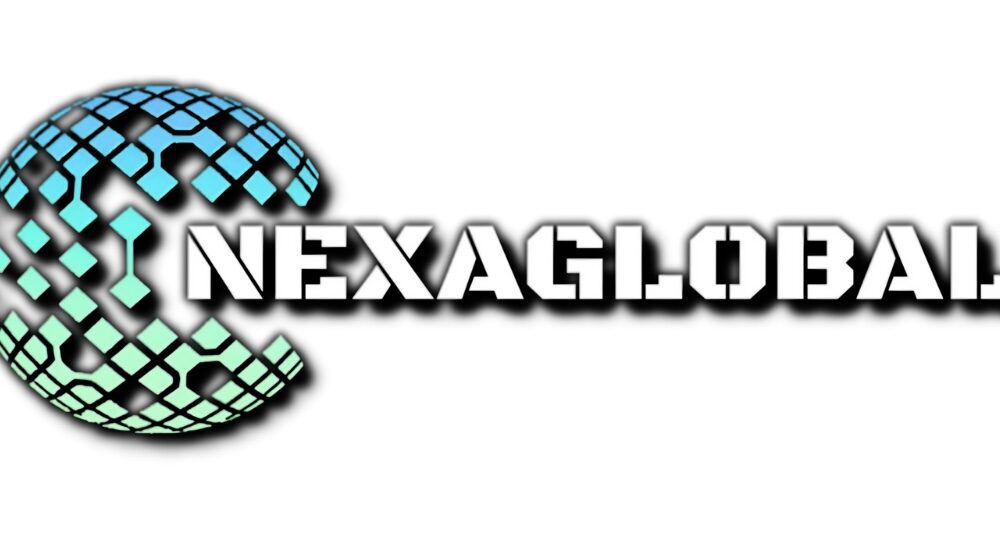Young people in particular have increasingly been told the same story over the past five years with escalating insistence: property is out of reach, the ladder is being pulled up and ownership is a dream slipping further away. But what if there was a mechanism that could flip that script entirely on its head?
Earlier this year in Dubai, a tokenised villa
That’s what real estate tokenisation offers: fractional ownership recorded on the blockchain which enables everyday investors to buy into assets that have long been the domain of the ultra-wealthy. The technology exists now – but the question is whether regulations will keep pace.
But this isn’t (just) about property. The same blockchain foundations that make tokenisation possible sit at the heart of a broader shift to Web3 infrastructure and decentralised finance (DeFi) globally. Around the world, crypto and Web3 regulation is moving from the margins to the mainstream with many governments racing to set the rules that will shape adoption for decades.
In this piece, I’ll look at where global regulation is heading, what’s already in play and the steps governments need to take now if they want to lead – rather than follow – during this next wave of financial innovation.
Global trends gathering pace
Globally, the pace of change is accelerating and in just two years, the US has pivoted from being a crypto naysayer to leading key parts of the conversation. Their landmark moves like the Genius Act, which sets a legal framework for tokenising real-world assets, and the Clarity Act, which defines how digital assets are treated under securities law, are clearing the way for tokenisation at scale.
In Europe, the Markets in Crypto-Assets (MiCA) regulation has set a single, harmonised standard for issuing, offering and providing services around crypto-assets including stablecoins, asset-referenced tokens and other digital assets across all 27 EU member states. Meanwhile the Financial Action Task Force (FAFTF) is pushing hard for alignment on anti-financial crime and consumer safety.
Institutional participation is following this clarity and hedge funds, asset managers and banks are stepping into regulated crypto markets, with 2025 already delivering notable gains.
Other countries building quiet advantage
Across the globe, there are other countries building a quiet advantage too – such as New Zealand. Last month, BlockchainNZ hosted Tokenised Real Estate NZ, featuring live pilots, legal infrastructure already in place and demonstrations around how our digital land title system makes us one of the most prepared markets in the world. If just 2–3% of our property market were tokenised, it could unlock over $60 billion in new transaction volume. That’s capital movement at a scale we’ve never before seen on local soil.
And last week,
Move faster if you want to lead
The truth, however, is that what comes next will require speed. Singapore and Hong Kong are already implementing token taxonomies and building live industry-regulator pipelines.
If you want to lead, you need to sharpen your tools and this will mean defining a clear taxonomy of tokens (a formal classification system that defines the different types of tokens in the crypto/blockchain space and how they should be treated under law so everyone knows the rules they’re playing by); adopting principles-based regulation that flexes with innovation; and creating formal, ongoing channels for industry engagement.
Tax settings will be a crucial lever. Get them right, and you’ll attract global tokenisation projects; but get them wrong, and you hand opportunities to more nimble jurisdictions. A
Alignment, trust and building the rails
This is not just about technology or finance – it’s about alignment and trust. Regulators need the confidence that industry can innovate responsibly. Industry needs confidence that regulators will move with clarity. Investors need to trust that protections match the opportunity.
We are still early, which means countries have the rare chance to take a holistic approach to this that balances innovation, safety and global competitiveness. But that window is fast closing because the rails for tokenisation are being laid now and if you don’t help build them, you’ll be forced to run on tracks designed by others.









